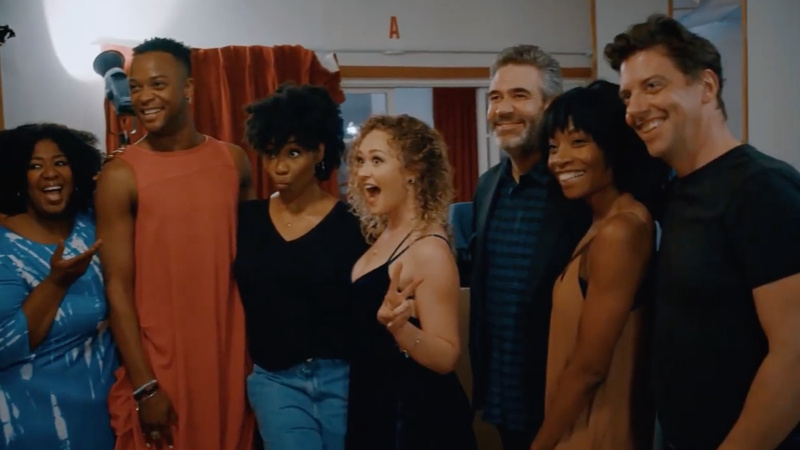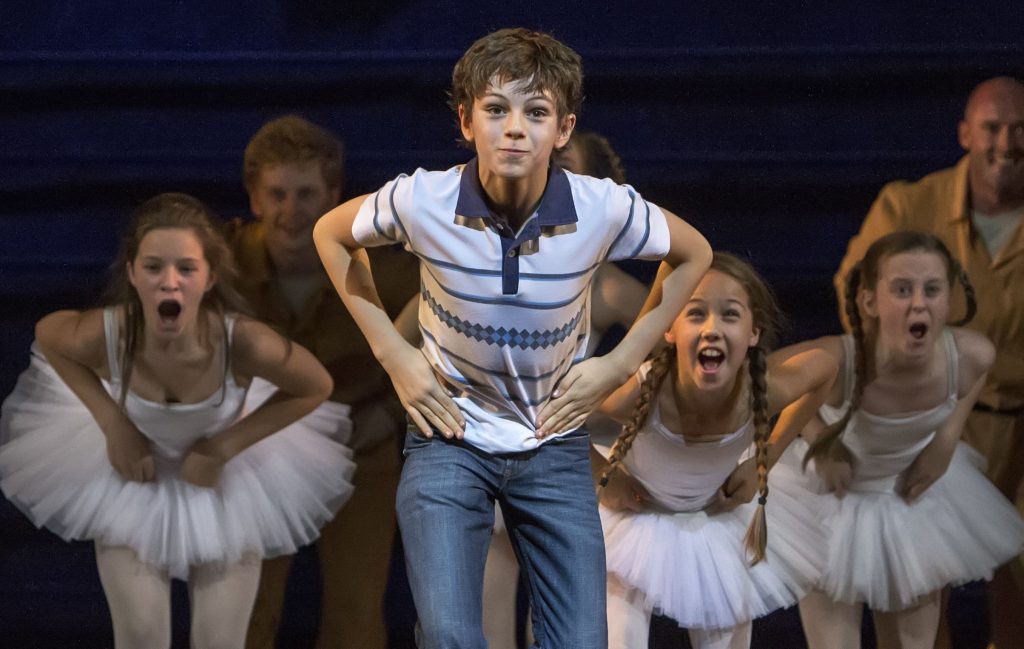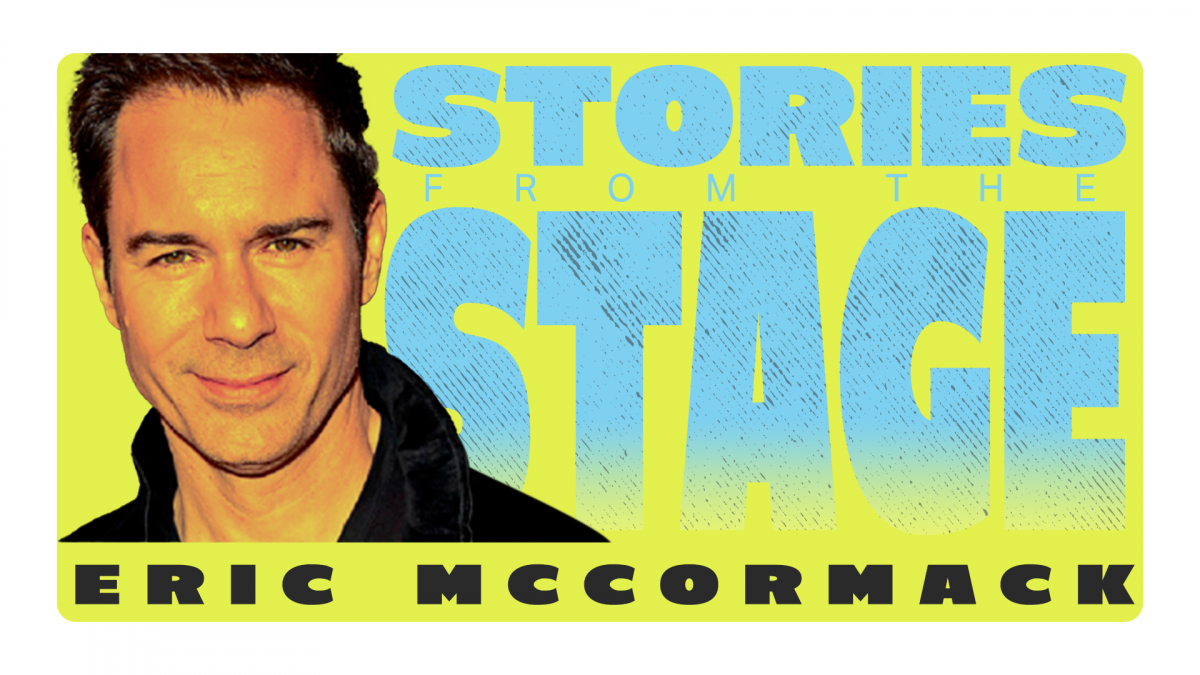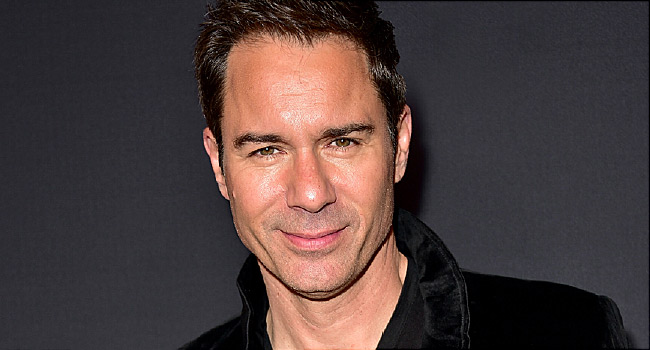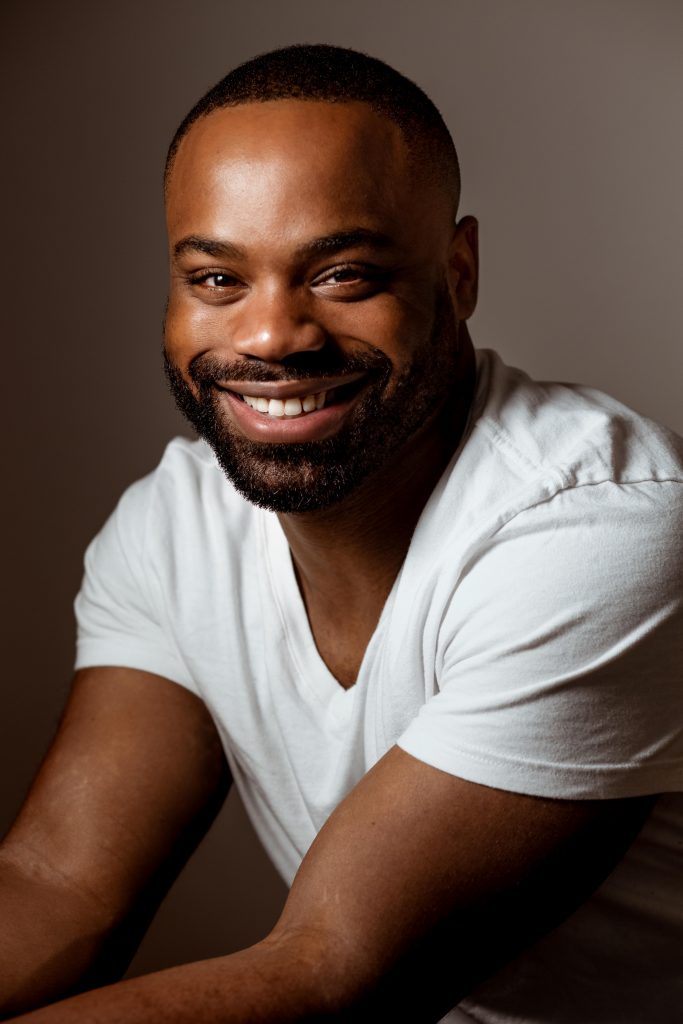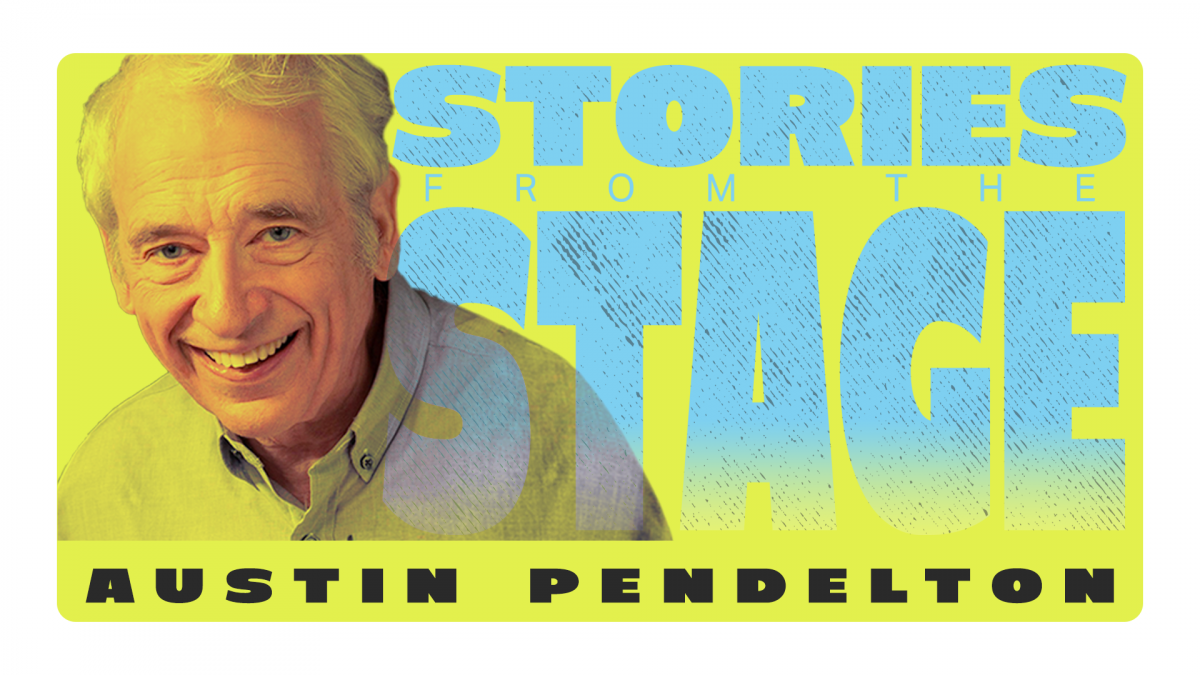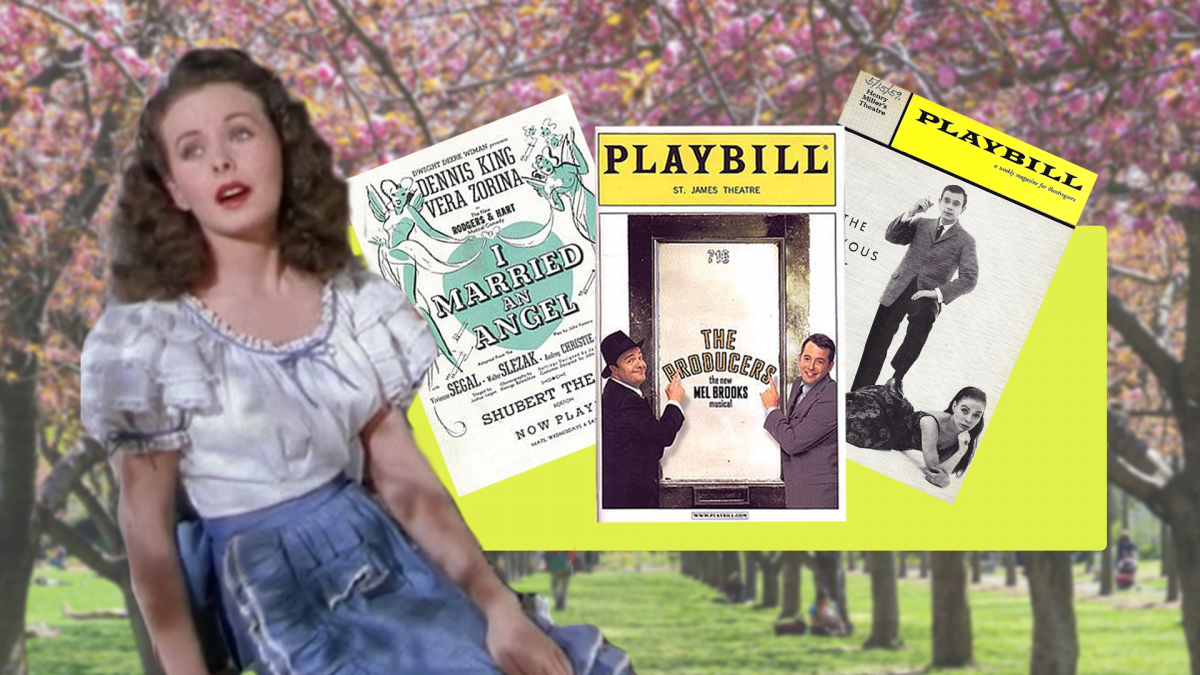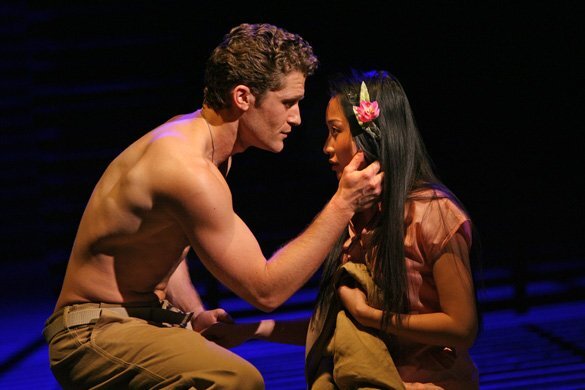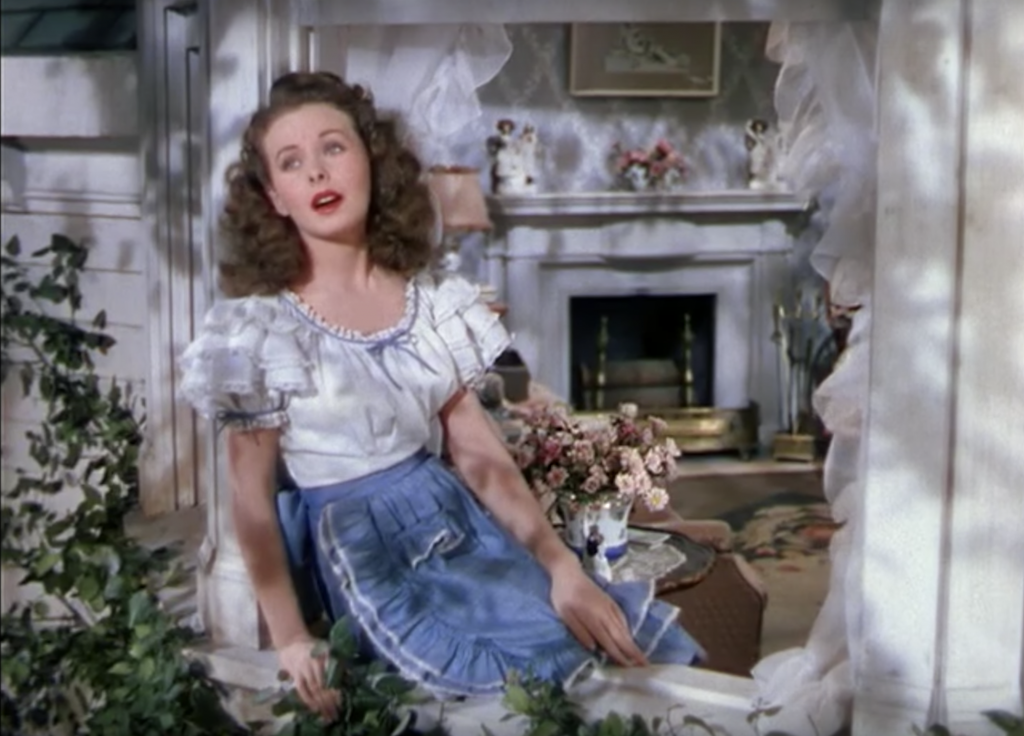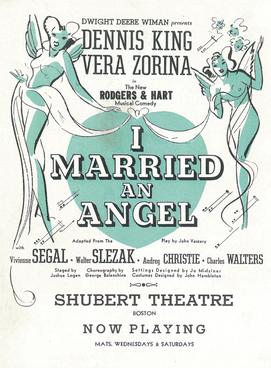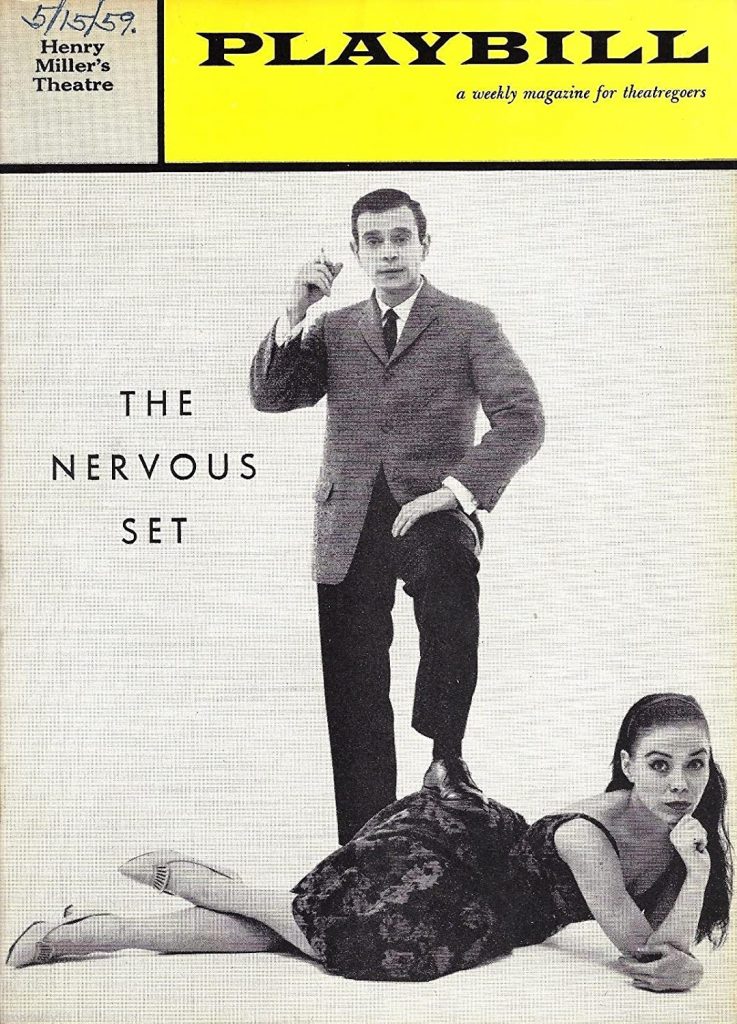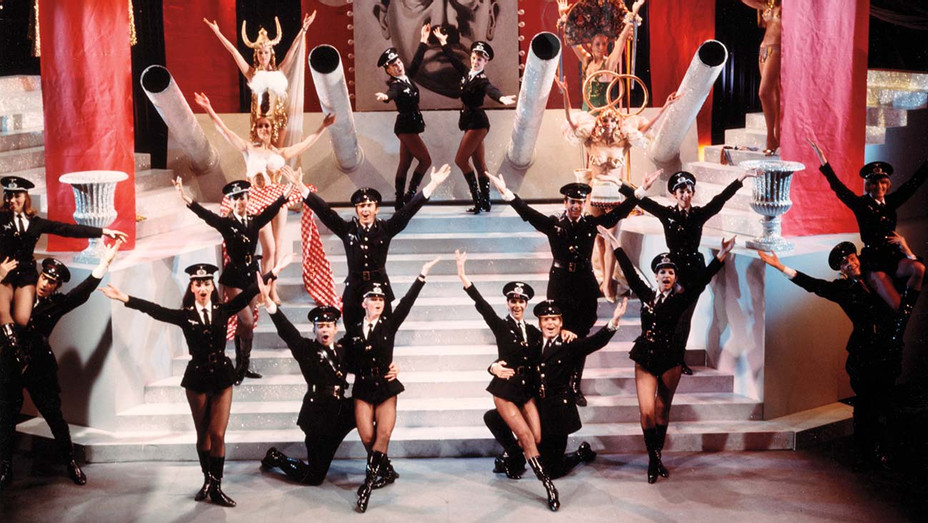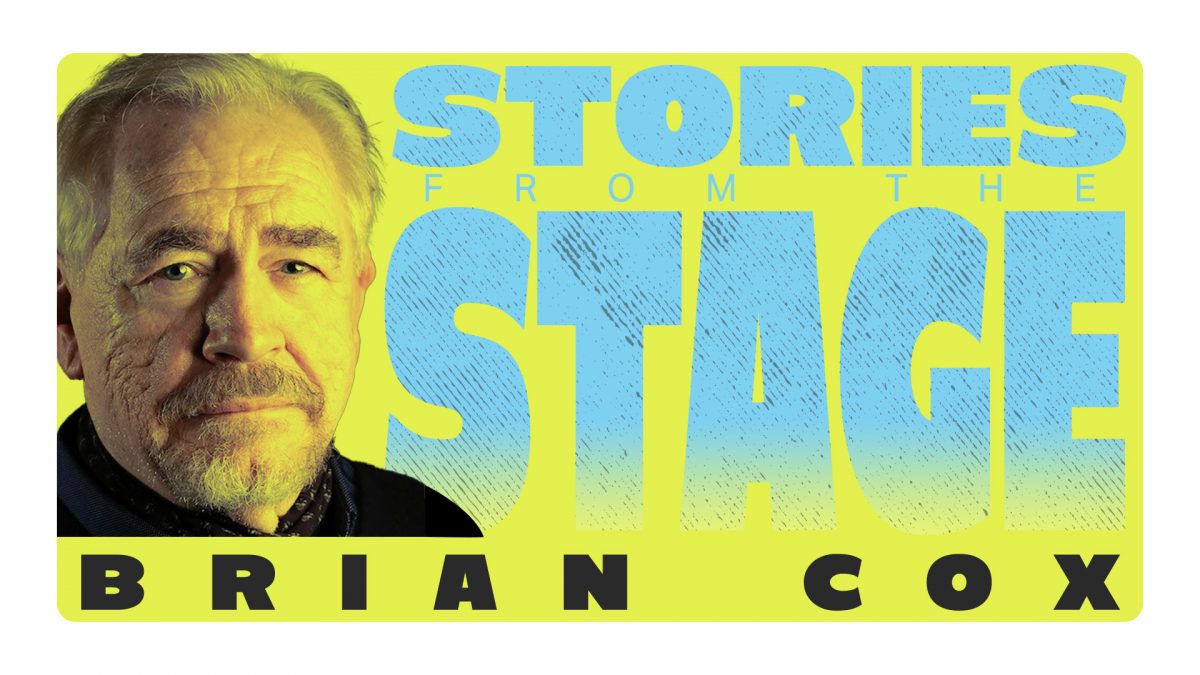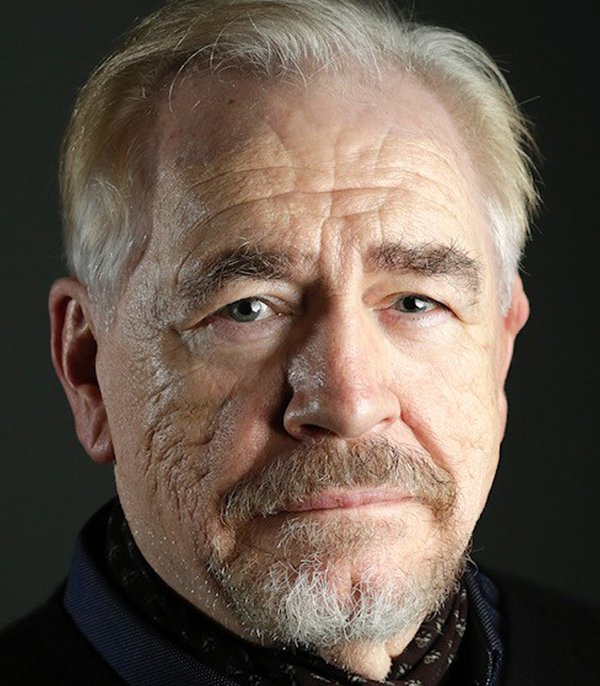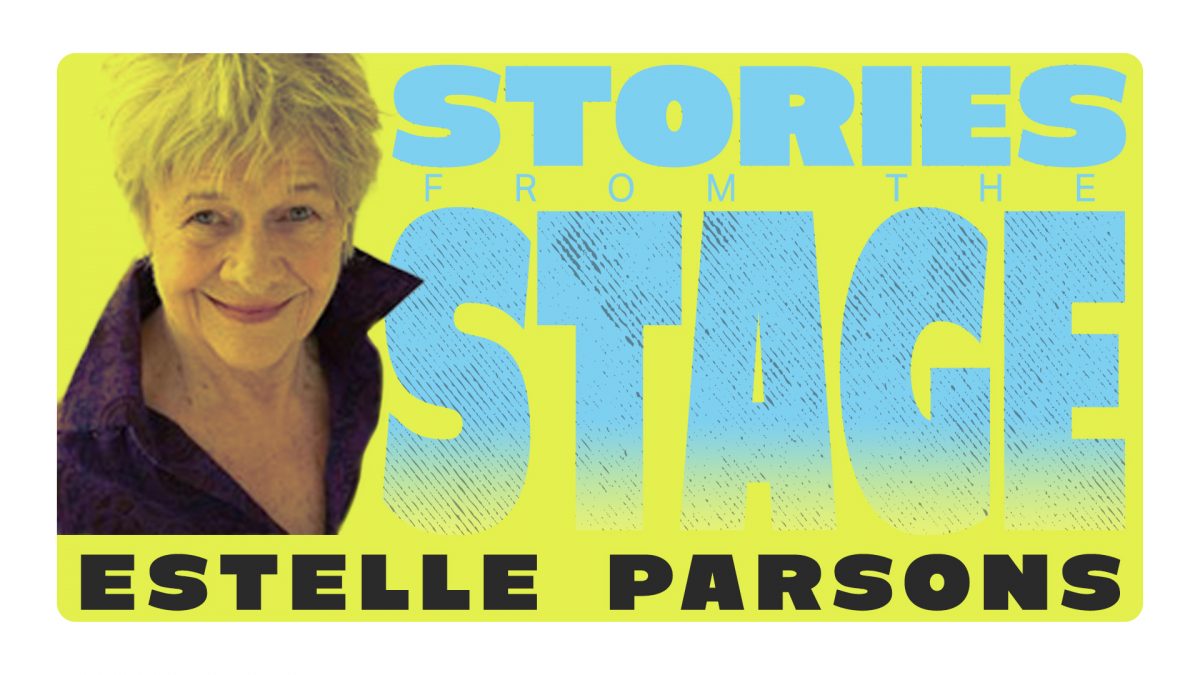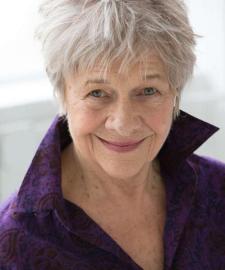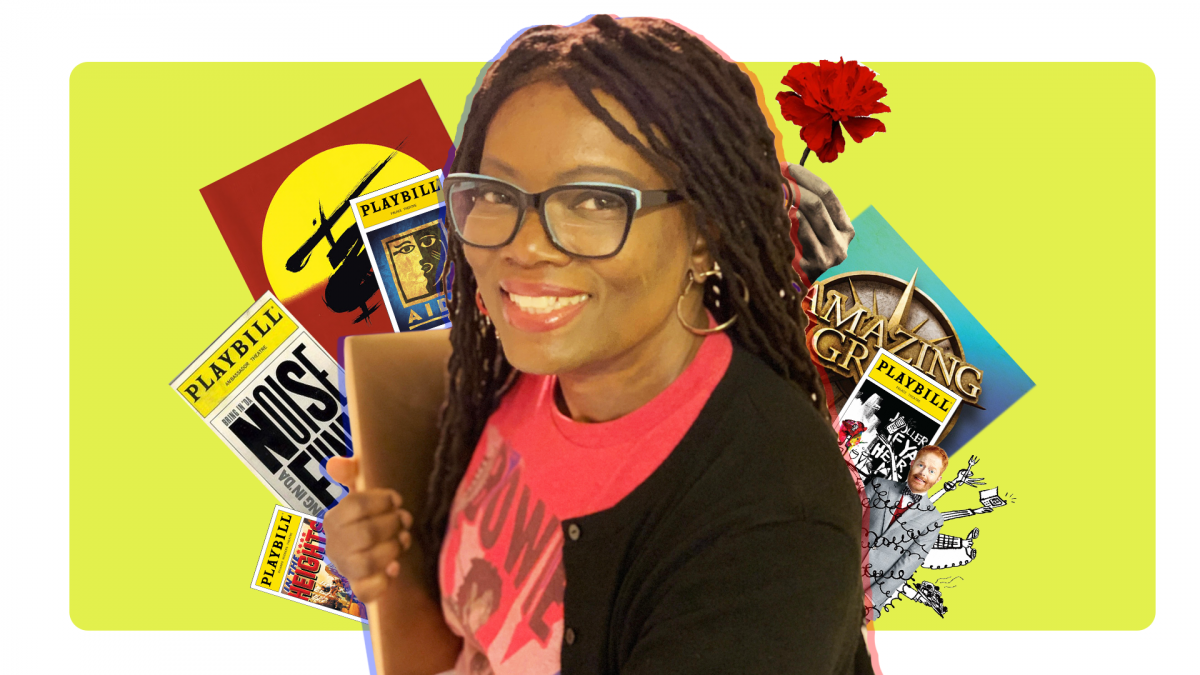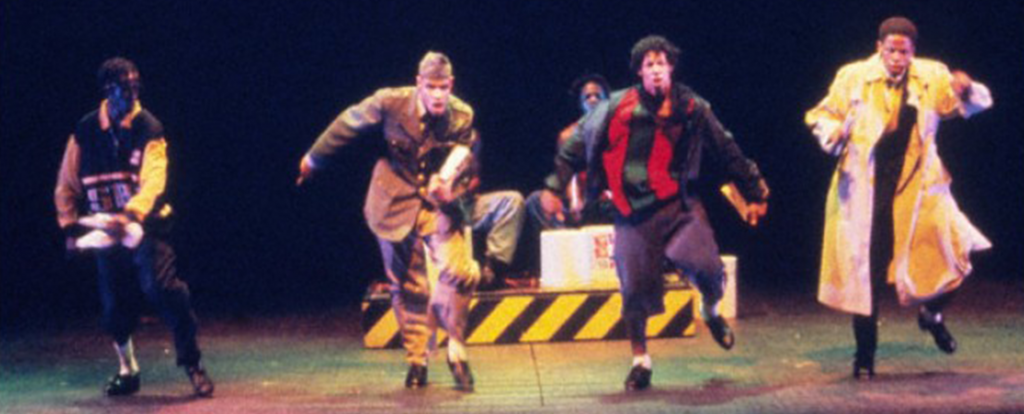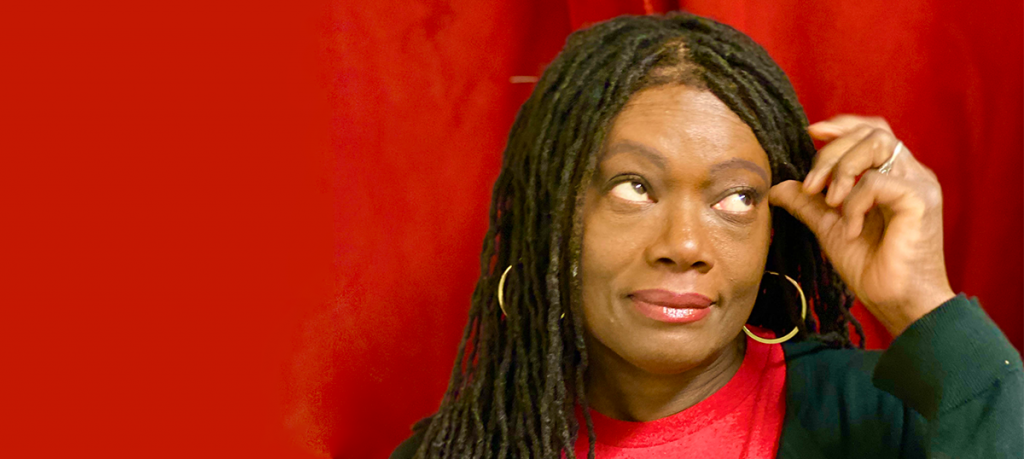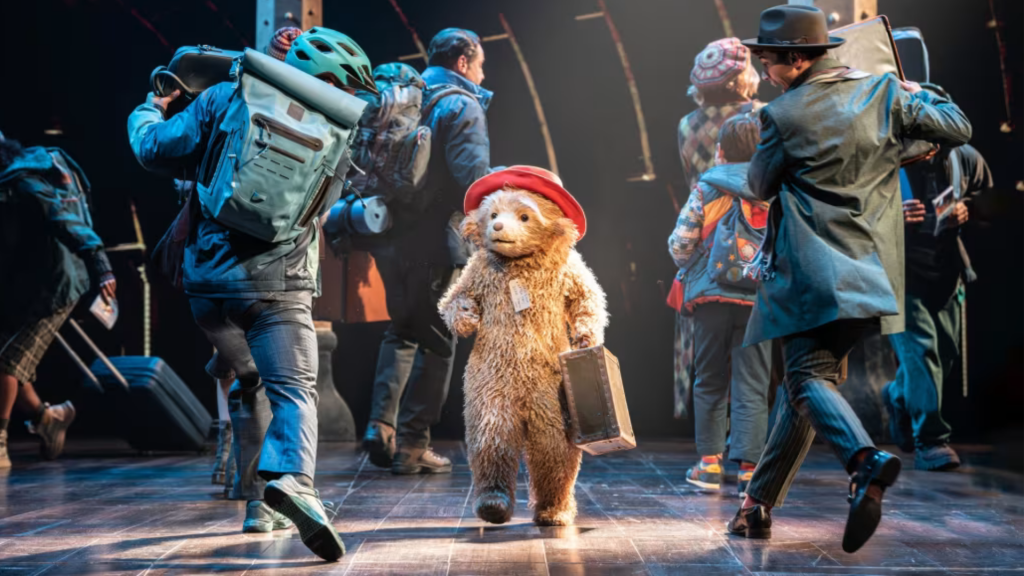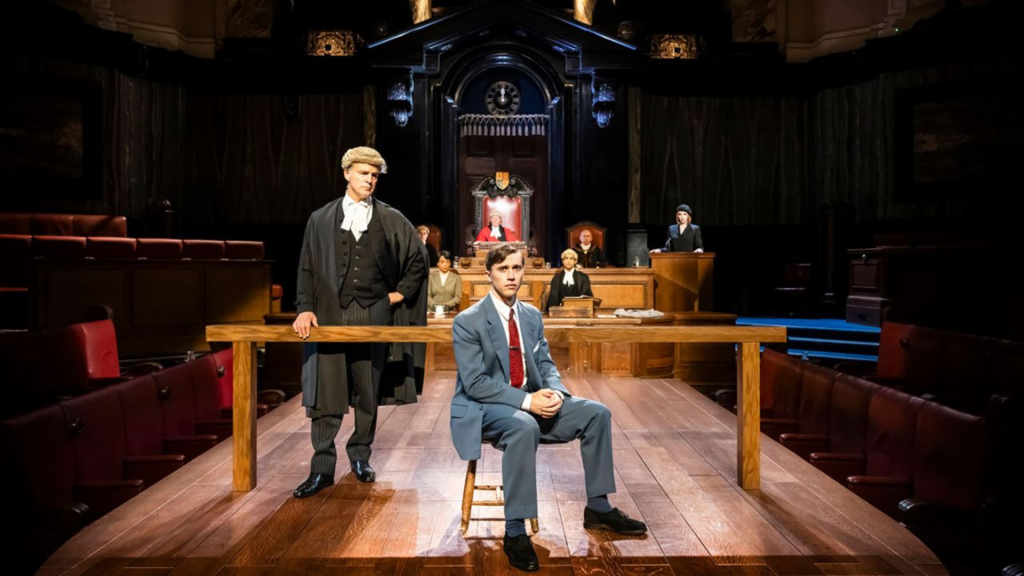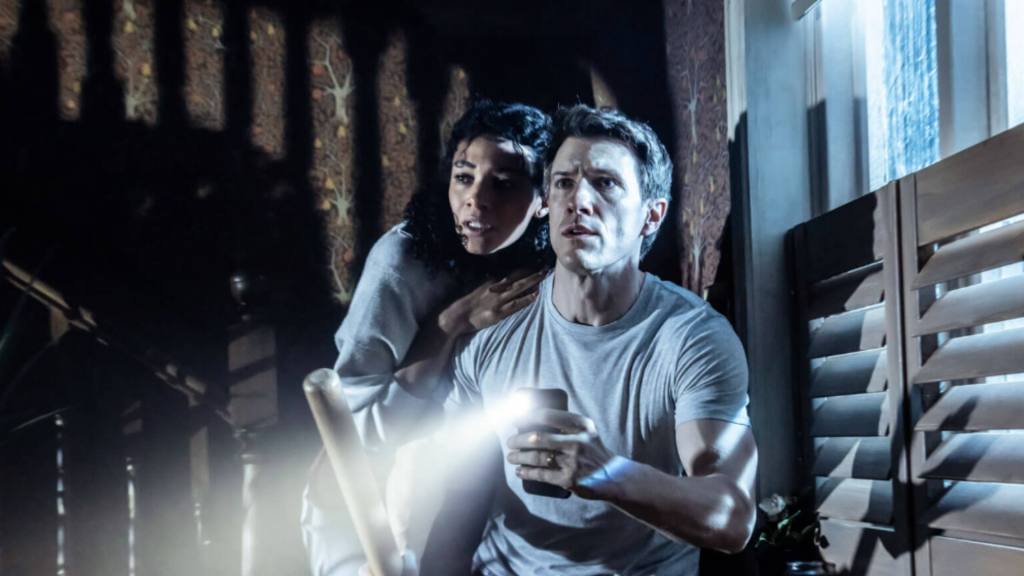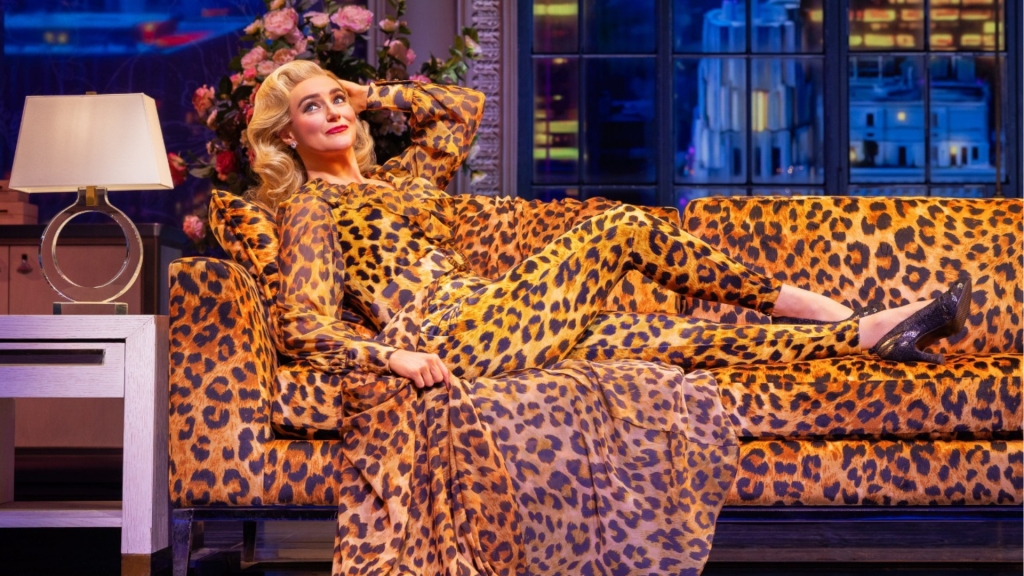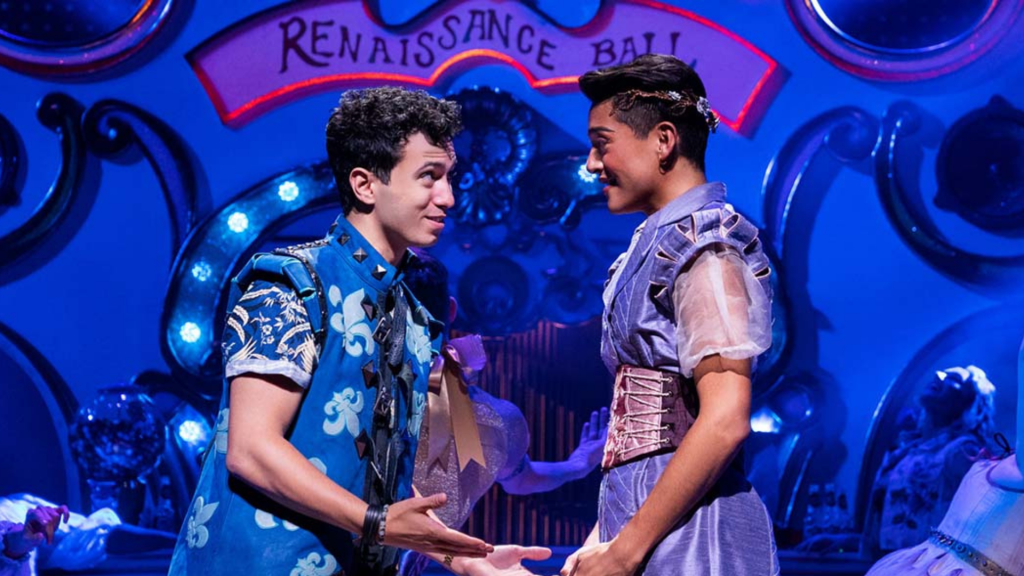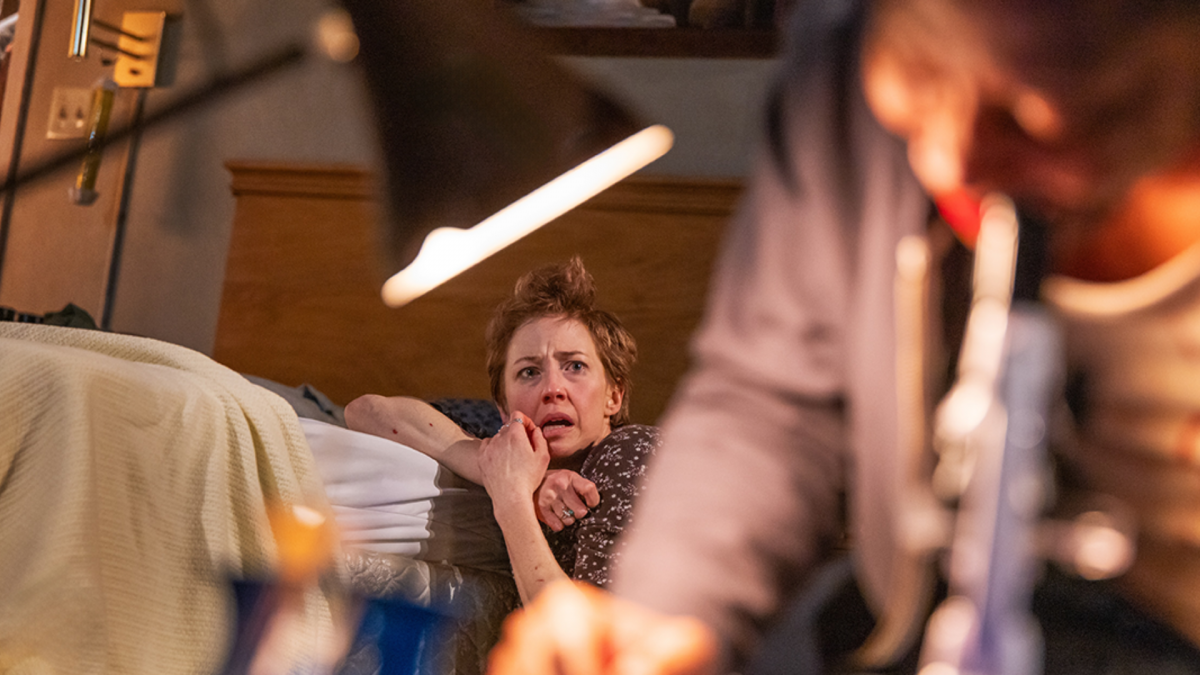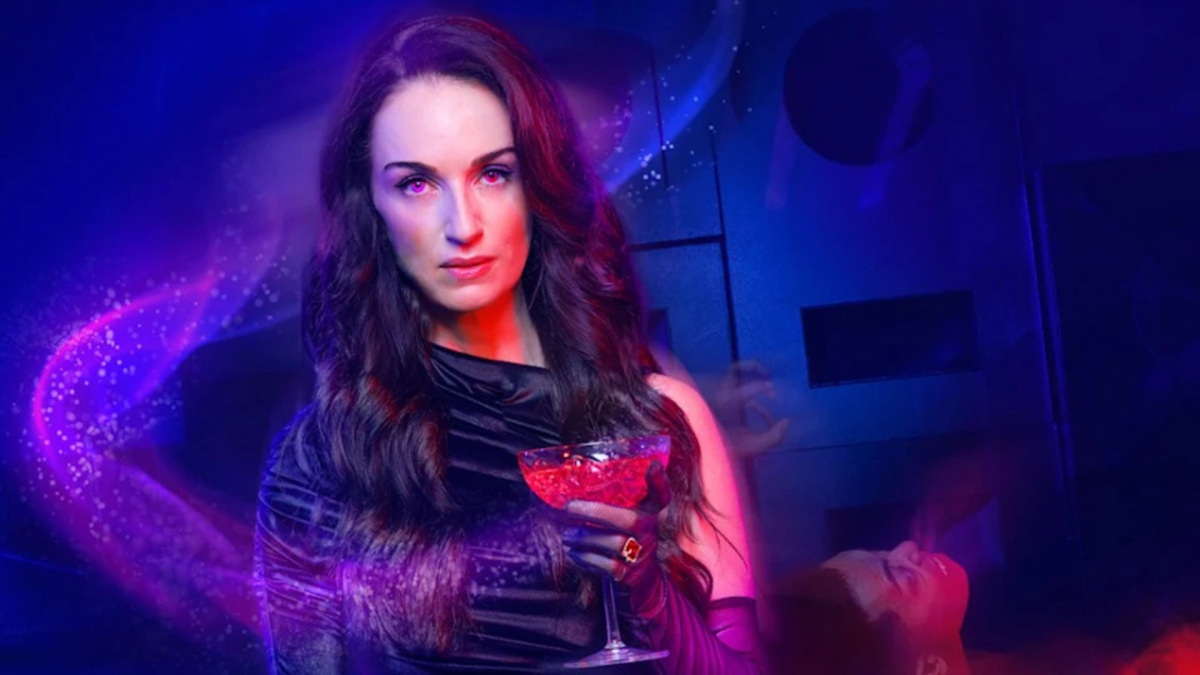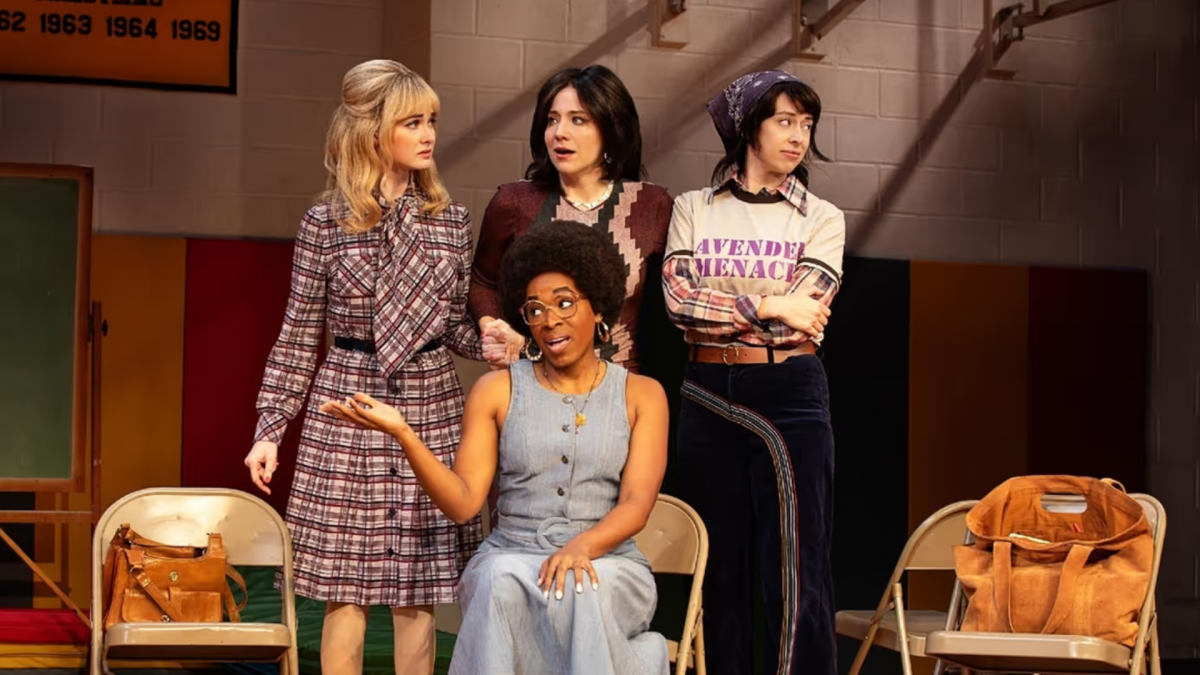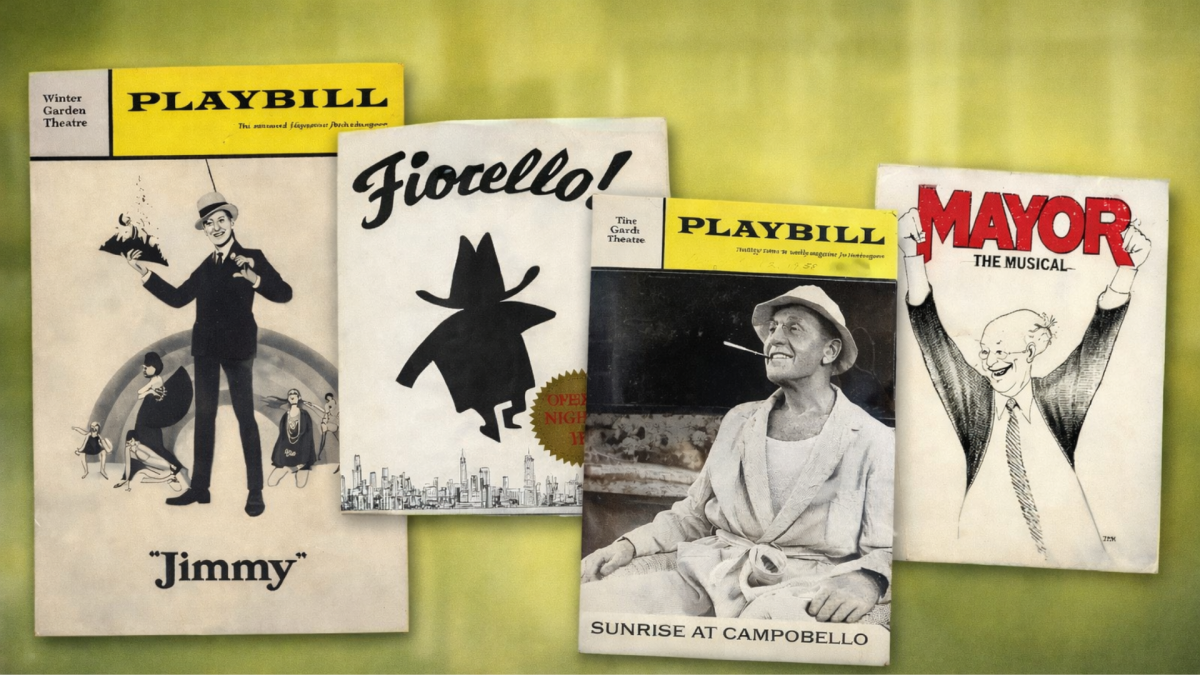Micah Hollingworth of Satisfi Labs in Conversation with Jim Glaub
Broadway is built on emotion, humanity, and shared experience, but how audiences discover shows, ask questions, and decide what to see is evolving fast.
Micah Hollingworth of Satisfi Labs sat down with Jim Glaub (Super Awesome Friends) to discuss all things AI, websites, and the emotional storytelling and humanity unique to Broadway. Their conversation explored how AI is reshaping discovery and engagement, what Broadway websites need to become next, and how technology can support – not replace – the human connection at the heart of live theater.
What follows is a candid, future-forward conversation about where Broadway has been, where it’s going, and why better answers can lead to better outcomes for audiences and shows alike.
Jim Glaub:
I’m really excited about this conversation. You and I have worked together for a while now, but I want to start at the beginning. You’re not really a “technology person,” at least not in the traditional sense. How did you end up here?
Micah Hollingworth:
I’m definitely not a technology person. I didn’t come into this thinking, “I’m going to bring technology to Broadway.” I like new ideas, problem-solving, and finding opportunities that make things incrementally better. I’m an entrepreneur at heart.
I fell into theatre because it was my tribe. Putting on a show is actually a perfect fit for an entrepreneurial mindset. Straight out of college, it was like, “Let’s put on shows.” I fell into the commercial side because I needed to eat and stay in New York.
My lens has always been that of a generalist. Understanding how different roles in a business operate, what their objectives are, and where the friction is, then trying to match solutions to those problems.
Jim:
I’m really curious about when the lightbulb went off for you. When did you say, “Oh, actually, AI belongs on Broadway”?
Micah:
Very specifically. Fall 2017, the G. Janssen conference room at the St. James Theatre.
We were having a conversation about a tech idea that Satisfi was working on at the time, originally demoed for sports teams like the Oklahoma City Thunder. And my partner, John Scott, said out loud, almost casually, “This all sounds great, but could we sell tickets this way?”
And that was it.
You know those moments where someone says something and your brain just jump-cuts ahead? I could immediately see it. One step, then the next, then the next. It was instantaneous. That’s when I thought, “Oh… this actually belongs on Broadway.”
When an idea is right, it stacks. You can see three, four, five steps down the road immediately. When it’s not right, you keep second-guessing it.
There’s a running joke with people I work with that I’m the Kool-Aid Man. I burst through the wall like, “Oh yeah, we’re doing this,” and everyone else is like, “Yes, but slow down.” But that moment didn’t need convincing.
Jim:
What’s interesting to me is that this is actually a very old-school idea. It’s really just like going to the box office and talking to someone. What does this technology actually do for people who don’t understand it?
Micah:
At its core, it started as a simple answer engine. People have questions about a show, and the data proves that when you answer those questions well, you get better outcomes. Happier patrons. More confident buyers.
Early chat tools were clunky. People had to adapt to the technology. Now it’s flipped. Thanks to ChatGPT and similar tools, user behavior has changed almost overnight. People just ask full questions now.
This allows people to have a conversation with a show the way they would with someone at the box office. How long is it? Is it funny? Is it sad? Is this right for me?
That conversation lives directly on the show’s website.
Jim:
It feels like we’re in a race to the browser now. Search used to be everything. Broadway.com, TodayTix, those businesses were built on search intent. How does Broadway compete in this new world?
Micah:
The race to the browser isn’t new. Controlling browsing behavior has always been the prize. What’s changed is that AI platforms are racing to own the conversational layer.
If someone asks, “Can I get tickets to Maybe Happy Ending on Friday for under $89?” the platform has to decide where that answer comes from.
In the near term, platforms like OpenAI and Gemini are creating official agents. If a show has an official, connected source, that’s what gets prioritized.
Your website still matters, but the harder problem now is discovery. How do you even appear as a possibility?
Jim:
I keep thinking about browsing. Broadway feels like a mall where you walk into a store and immediately someone says, “Buy tickets.” There’s no browsing.
Micah:
That’s exactly right. Broadway skips the browse and rushes to the sale. And honestly, I understand why. It’s a brutal business. It’s incredibly hard.
But people still want to browse emotionally. They want to know how something will make them feel.
AI search is becoming the listings page. People genuinely don’t know what’s on Broadway. If they’re not frequent theatergoers, they’re asking AI what they should see.
If your website doesn’t answer those emotional questions, the system moves on. To Playbill. To TodayTix. Or to another entertainment option entirely.
Jim:
This brings up fear. I was really hopeful about social media when it started, and that didn’t end the way I expected. What are people most wrong about when they’re nervous about AI?
Micah:
AI is not going to replace live storytelling. It can’t. We’re in the business of human, communal experience.
The biggest misconception is that this is plug-and-play. It’s not. It requires constant human intervention. Strategy. Iteration. Models change. Platforms update.
Yes, some basic, repeatable tasks will go away. But what’s emerging is a whole middle layer of work. People who know how to use these tools well, who understand context and outcomes.
AI actually increases the value of human judgment.
Jim:
There’s also fear about misinformation and bad actors.
Micah:
That fear is real. People will misuse this technology. We already see it in politics and social media.
But that actually makes official sources more important, not less. In a low-trust world, people want to know what’s real.
Your website is the verified source. The place people trust. AI doesn’t eliminate that. It reinforces it.
Jim:
Tell us about Satisfi Labs. What do you actually do?
Micah:
You can find us at SatisfiLabs.com.
We focus on transforming legacy chat tools into truly conversational agents. A lot of organizations already have chat, but it’s fragmented and brittle.
We help structure and connect data so people can ask real questions and get meaningful answers.
For example, with the NBA, ticketing lives in multiple systems. Single tickets, suites, promos, group sales. We bring that together so someone can say, “It’s my dad’s birthday, he’s a huge Steph Curry fan, and he’s a veteran. What are my options?”
And the system can respond intelligently, not just sell a ticket, but help create a moment.
Jim:
You’ve said this a few times… “Better answers, better outcomes.”
Micah:
That’s really our mantra.
Is it perfect? No. Can it be better? Yes.
Better is better. And that’s very human. That’s how progress actually happens.
AI can’t replace the live theatre, but it’s forcing Broadway to explain itself better. That might be one of the best things to happen to the industry in a long time. As we step into a theatre renaissance, how can shows move away from pushing audiences to the cash register and sell the promise of emotion, escapism, empathy, actual reality and the core: human storytelling at its very best.


